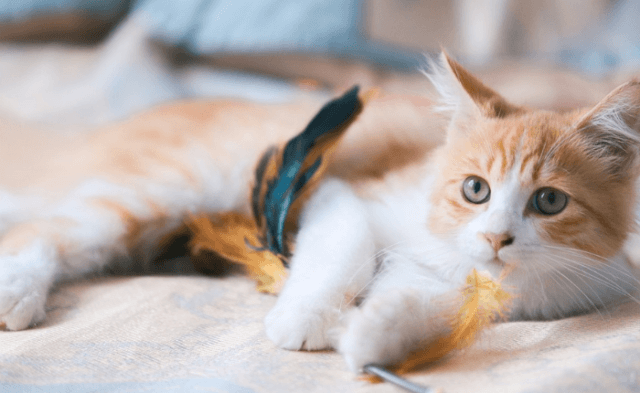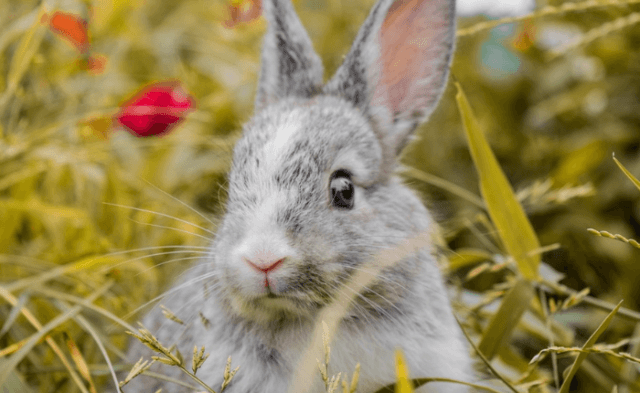This is the third installment in our four-part series giving a sneak peek inside the new paperback edition of Animalkind: Remarkable Discoveries About Animals and Revolutionary New Ways to Show Them Compassion. Follow the links to read parts one and two, and be sure to check back next week for the final post in the series.
From goldfish giveaways at carnivals and cramming dolphins in tanks for swim excursions to running dogs to death in deadly sled races, humans have found countless ways to put other animals in harm’s way for a few moments of entertainment.
As Ingrid Newkirk and Gene Stone make clear in their book Animalkind—now available in paperback—animals are complex individuals who want and deserve to pursue their own pleasures and pursuits. They should never be exploited or treated as some kind of sideshow prop.
Elephants have been seen removing tranquilizer darts from downed friends and spreading dust on their wounds to protect against flies. However, in circuses, they are beaten with sharp hooks to make them perform ridiculous tricks. Orca elders play a key role in passing on skills and traditions to the younger generation. Forcing them to perform at SeaWorld or in other watery prisons is an insult to their grace and dignity.
Times are changing. From “distanced” dolphin swims to animal-free circuses and polar bear webcams, there are more ways than ever to enjoy life’s pleasures without forcing animals to participate.
The future of filmmaking is already here. There were no real chimpanzees or gorillas in Rise of the Planet of the Apes or War for the Planet of the Apes, and in The Jungle Book, Baloo the bear and Shere Khan the tiger were both created with computer-generated imagery. This was also the case for the Jurassic Park film series and the marauding “bear” in The Revenant. The list goes on and on.
When it comes to theme parks, stage shows, and arena events, realistic animatronics and holograms are taking starring roles. Virtual-reality headsets allow users to immerse themselves in a world where they can seemingly swim in the ocean with an orca family and hear the cries of an orca trapped in SeaWorld’s barren concrete tanks.
To learn how you can make a difference for animals used for entertainment—and for a wealth of fascinating insights about animals’ empathy, awareness, and intelligence—be sure to check out Animalkind, and spread the word by sharing it with a friend or neighbor!
Order Animalkind in Paperback Today
*****
Have you already read Animalkind? Please leave a comment below, letting us know what you think of it. You may be quoted in a future post on PETA Prime!





